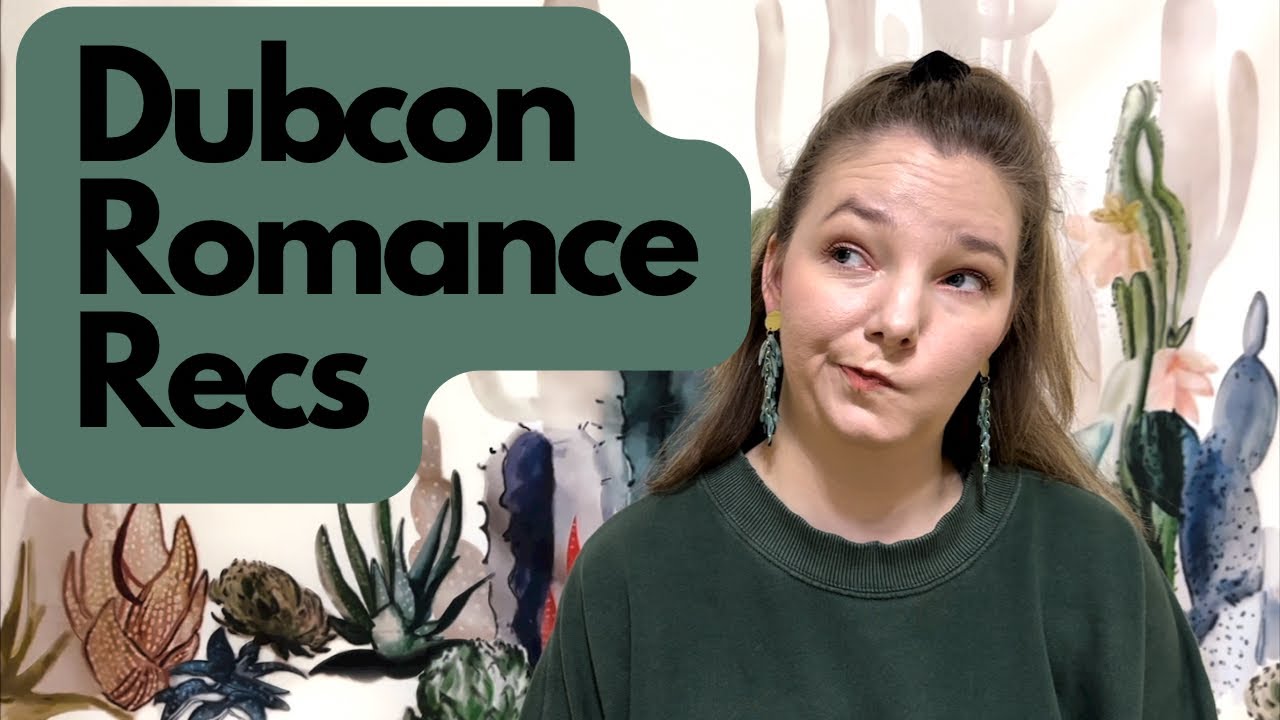What is Dubcon

In the vast landscape of literature and media, certain themes and narratives often provoke intense discussion and debate. Among these is the concept of dubcon, short for “dubious consent.” Dubcon refers to situations in which consent for sexual activity is ambiguous or questionable. It’s a term that has gained prominence in discussions surrounding erotica, fanfiction, and certain genres of fiction. However, its implications extend far beyond mere titillation, delving into complex ethical and psychological territory.
Understanding Dubcon
At its core, dubcon revolves around the ambiguity of consent within fictional scenarios. Unlike clear-cut instances of non-consensual sexual activity, dubcon narratives blur the lines between consent and coercion. Characters may find themselves in situations where consent is muddled by various factors such as manipulation, power dynamics, or altered states of consciousness.
Dubcon can manifest in a multitude of forms within literature and media. It might involve scenarios where one character is under the influence of drugs or alcohol, rendering their ability to give informed consent questionable. Alternatively, it could depict situations where characters are coerced or pressured into sexual encounters through emotional manipulation or threats, even if they technically give verbal consent.
Dubcon in Literature and Fanfiction
The exploration of dubcon is particularly prevalent in certain genres of literature and fanfiction. Romance novels, erotic fiction, and fan-created works often delve into themes of power dynamics, dominance, and submission, providing fertile ground for the examination of dubious consent.
In fanfiction communities, dubcon scenarios are frequently explored as writers re-imagine beloved characters in alternative storylines. These narratives may delve into taboo or morally ambiguous situations, challenging both the characters and the readers to confront complex questions about agency, desire, and boundaries.
Ethical Considerations
The portrayal of dubcon in literature and media raises significant ethical considerations. Critics argue that such narratives can perpetuate harmful ideas about consent and romantic relationships. By romanticizing scenarios where consent is ambiguous or coerced, these works risk normalizing unhealthy dynamics and undermining the importance of clear, enthusiastic consent.
However, defenders of dubcon narratives argue that they provide a space for exploring complex and challenging themes in a fictional context. When handled with care and sensitivity, these stories can prompt meaningful discussions about consent, agency, and the nuances of human relationships.
Psychological Implications
From a psychological perspective, dubcon narratives can elicit a range of responses from readers and audiences. Some may find these stories arousing, drawn to the tension and taboo surrounding ambiguous consent. Others may feel discomfort or distress, particularly if they see parallels between fictional scenarios and real-life experiences of coercion or manipulation.
Psychologists note that consuming media with dubcon themes can prompt individuals to reflect on their own attitudes towards consent and boundaries. These narratives can serve as a catalyst for introspection and dialogue about healthy relationships and the importance of mutual respect and communication.
Cultural and Historical Context
The prevalence of dubcon in literature and media also reflects broader cultural attitudes towards sex, power, and consent. Throughout history, narratives of dubious consent have been woven into myths, legends, and folklore, often serving as cautionary tales or explorations of human nature.
In contemporary culture, discussions around consent have become increasingly prominent, driven by movements such as #MeToo and increased awareness of issues surrounding sexual assault and harassment. Against this backdrop, dubcon narratives take on added significance, challenging audiences to consider the complexities of consent in a changing social landscape.
Conclusion
Dubcon remains a complex and controversial topic within literature and media. As writers and creators continue to explore themes of consent and power dynamics, it’s essential to approach these narratives with thoughtfulness and sensitivity. While dubcon stories can prompt important discussions about consent and agency, they also carry the responsibility of portraying these themes in a manner that respects the dignity and autonomy of all individuals involved.
Ultimately, the exploration of dubcon serves as a reminder of the intricate interplay between fantasy and reality, challenging audiences to critically examine the narratives they consume and the messages they convey about consent, desire, and human relationships.









Post Comment